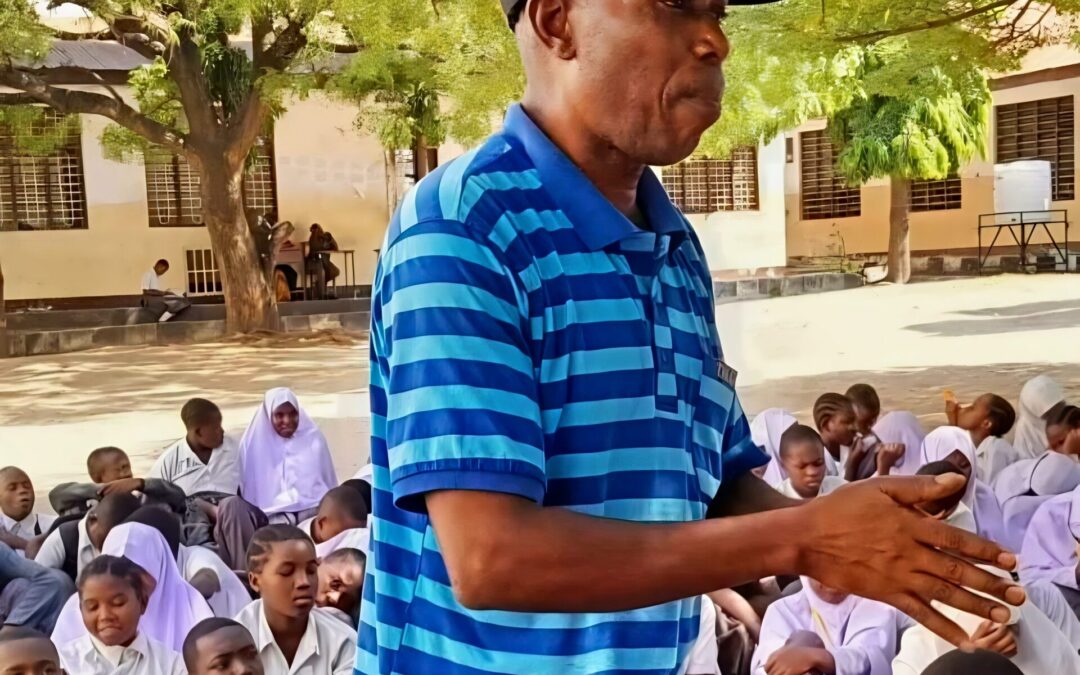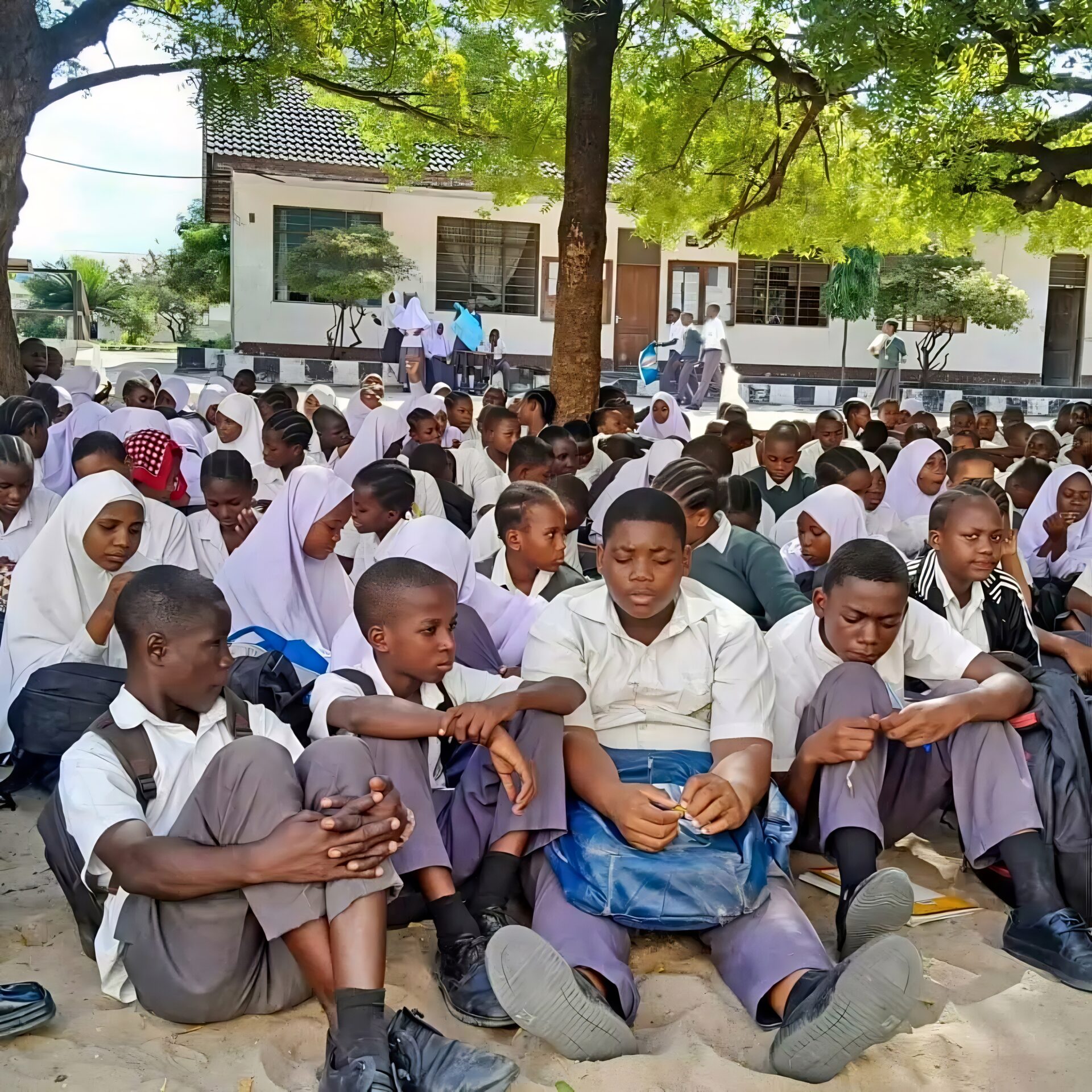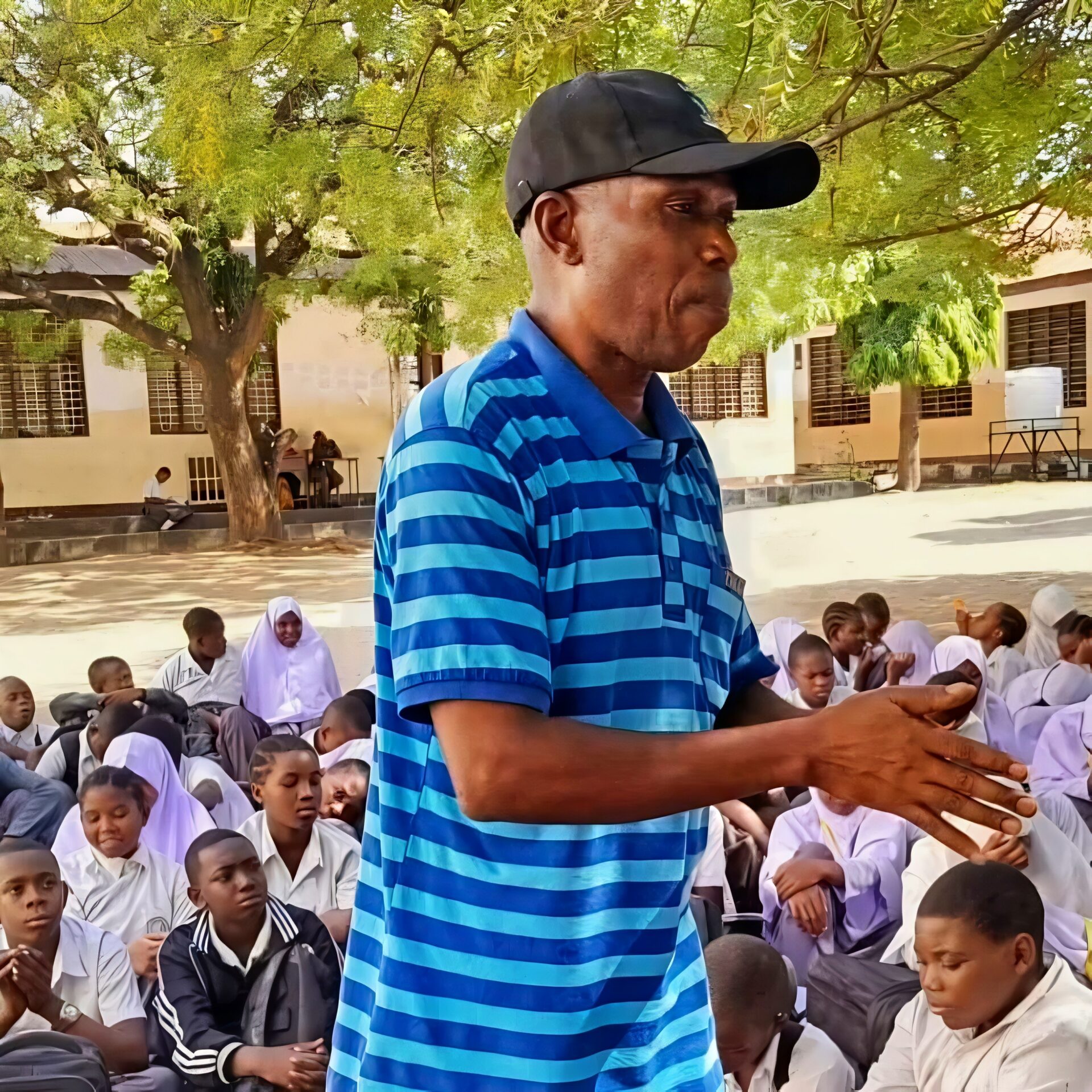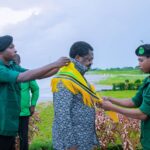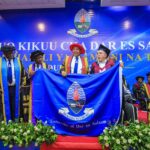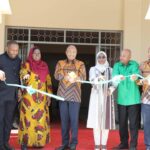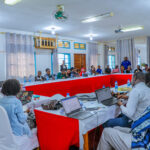Empowering Future Generations: Animal Husbandry Training at Kawe Ukwamani Secondary School
On 18 July 2024, a noteworthy occurrence took place at Kawe Ukwamani Secondary School, situated in the dynamic Kawe Ward of Dar es Salaam. This day marked a pivotal moment for the students, who received comprehensive training in animal husbandry courtesy of the dedicated officers from the Kinondoni Municipal Council’s Animal Husbandry Department. The objective of this initiative was twofold: firstly, to impart essential skills, and secondly, to inspire a new generation of agriculturalists and animal care experts.
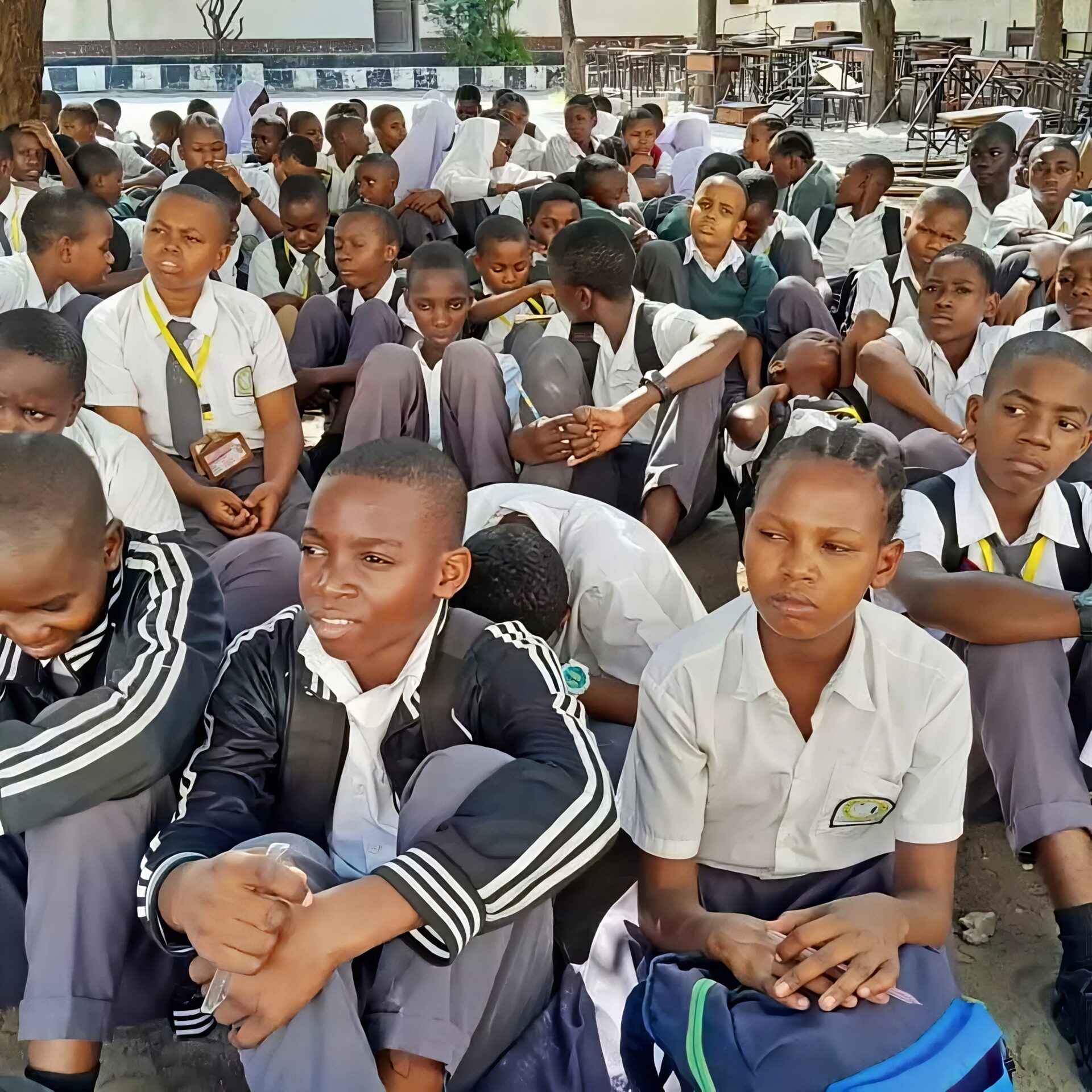
The Importance of Animal Husbandry
The practice of animal husbandry, defined as the breeding and raising of livestock, constitutes a fundamental pillar of sustainable agriculture. It plays a pivotal role in ensuring food security, maintaining economic stability, and promoting rural development. The objective of the training was to equip students with the requisite knowledge and skills to foster a deeper understanding of the significance and potential of the agricultural sector.
Setting the Stage: Kawe Ukwamani Secondary School
Kawe Ukwamani Secondary School, situated within the vibrant Kawe Ward of Dar es Salaam, is celebrated for its dedication to a comprehensive educational approach. The school has consistently endeavoured to provide its students with opportunities that extend beyond the conventional academic curriculum. The animal husbandry training programme was a clear illustration of this commitment, reflecting the school’s dedication to nurturing well-rounded individuals who are equipped with the skills and knowledge to effectively address real-world challenges.
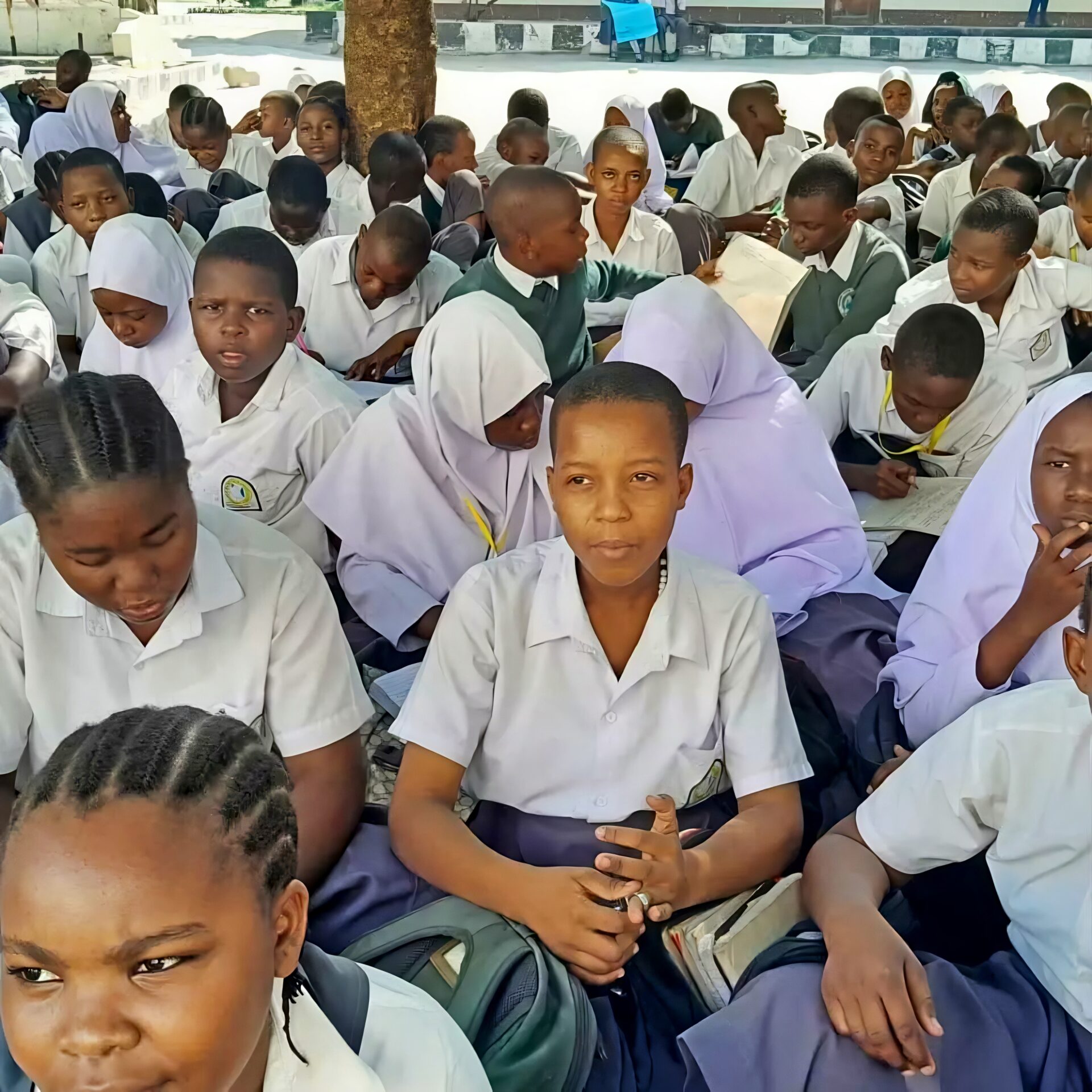
The Training Program: A Comprehensive Overview
The training programme was meticulously designed to provide comprehensive coverage of the various aspects of animal husbandry, with the objective of ensuring that students gained a well-rounded understanding of the field. The officers from the Kinondoni Municipal Council’s Animal Husbandry Department brought with them a substantial corpus of knowledge and experience, rendering the training both informative and engaging.
Introduction to Animal Husbandry
The training programme commenced with an introduction to the fundamental principles of animal husbandry. The students were introduced to the various types of livestock commonly reared in Tanzania, including cattle, goats, sheep and poultry. The officers underscored the significance of selecting appropriate breeds for specific purposes, such as milk production, meat, or wool.
Nutrition and Feeding Practices
One of the fundamental aspects of animal husbandry is the provision of adequate nutrition for livestock. The training programme examined the dietary requirements of a range of animals, emphasising the importance of balanced diets for optimal growth and productivity. The students were instructed in the characteristics of different types of feed, including forages, concentrates, and supplements, and in the principles of formulating nutritionally balanced rations.
Health Management and Disease Prevention
The maintenance of livestock health is of paramount importance in the field of animal husbandry. The officers provided insights into the most prevalent diseases affecting livestock in the region, as well as effective preventive measures. The students were instructed in the identification of symptoms indicative of illness, the administration of basic treatments, and the implementation of biosecurity practices designed to prevent the spread of diseases.
Breeding and Reproduction
A comprehensive understanding of the principles of breeding and reproduction is a prerequisite for successful animal husbandry. The training programme encompassed a range of topics, including the selection of breeding stock, the use of artificial insemination techniques and the management of breeding cycles. The students were able to gain valuable insight into the ways in which the genetic quality of their livestock can be improved and productivity enhanced.
Housing and Farm Management
It is of the utmost importance to implement appropriate housing and farm management practices in order to ensure the well-being of livestock. The officers demonstrated the design and construction of suitable animal shelters, ensuring that they were adequately ventilated, illuminated, and spacious. Furthermore, the students were instructed in the principles of waste management, hygiene practices, and the significance of maintaining a clean and organised farm environment.
Hands-On Experience: Practical Sessions
In order to reinforce the theoretical knowledge acquired, the training programme included practical sessions, during which students were afforded the opportunity to apply the knowledge they had gained. The objective of these hands-on activities was to provide students with a real-world experience and to enhance their confidence in handling livestock.
Feeding and Nutrition Demonstrations
During the practical sessions, students observed and participated in demonstrations of feeding and nutrition. The students were instructed in the preparation and distribution of various types of feed, ensuring that each animal received the appropriate diet. The officers instructed the students in the assessment of livestock nutritional requirements, taking into account factors such as age, weight, and production goals.
Health Checkups and Vaccinations
Additionally, the students were afforded the opportunity to conduct health examinations on livestock under the guidance of the officers. The students were instructed in the examination of animals for indications of illness, the measurement of vital signs, and the administration of vaccinations. This practical experience proved invaluable in enabling students to develop the skills required to maintain the health and well-being of their livestock.
Breeding Techniques and Record Keeping
The practical sessions on breeding techniques enabled students to observe and participate in activities such as artificial insemination and pregnancy diagnosis. The students were instructed in the significance of record-keeping in animal husbandry, including the monitoring of breeding cycles, the maintenance of health records, and the collation of production data.
The comprehensive training programme at Kawe Ukwamani Secondary School not only imparted essential skills in animal husbandry but also inspired students to consider pursuing careers in agriculture and animal care. The investment of the Kinondoni Municipal Council’s Animal Husbandry Department in the education and training of young individuals is fostering a new generation of agriculturalists who will contribute to the sustainable development of the agricultural sector in Tanzania.
Tanzania Media
- Kanyala Ferry Launch: TEMESA’s New Service for 15,000 Sengerema Residents (Mwanza) - 18 August 2025
- Russia-Tanzania Naval Cooperation: How the Smolny Training Ship Boosts Dar es Salaam’s Maritime Security - 18 August 2025
- Tanzania’s ICGLR Commitment: Stabilising the DRC & Great Lakes Region - 18 August 2025

